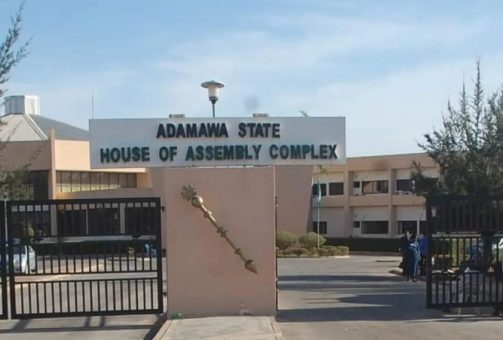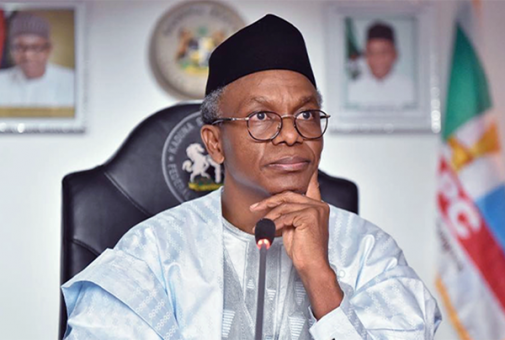
Jigawa State Governor Umar Namadi has announced a significant subsidy program for local wheat farmers, with the state government covering 75% of the costs for agricultural inputs. This initiative aims to boost wheat production and promote food self-sufficiency in Nigeria.
In an exclusive interview after the West and Central Africa Development Network Wheat second regional summit in Abuja, which concluded on Thursday, Namadi highlighted the state’s commitment to expanding wheat cultivation. He noted, “Through collaboration between the African Development Bank and the Federal Ministry of Agriculture, 120,000 hectares were allocated to Nigeria, of which 40,000 hectares were designated for Jigawa State. I am ready to take on the challenge of cultivating the 40,000 hectares.”
He also mentioned that an additional partnership with the Flour Milling Association of Nigeria has led to the cultivation of another 5,000 hectares. Combined with the 10,000 hectares cultivated by farmers who did not participate in the subsidy program, this brings the total to 55,000 hectares dedicated to wheat farming in the state.
“And in addition, our engagement with the Flour Milling Association has resulted in 5,000 more hectares, bringing us to 45,000. Furthermore, farmers who were unable to enroll in this program have cultivated about 10,000 hectares,” he stated.
The governor emphasized that the subsidy significantly reduces the financial burden on farmers.
“With support from the federal government, which provided a 50% subsidy, we decided to further assist our farmers by covering 75% of the remaining 50%,” he said.
“Consequently, farmers are only required to contribute 25% towards the costs of inputs, a measure that has motivated more individuals to engage in wheat production. The results and outcomes have been very positive,” he asserted.
Looking ahead, Namadi expressed ambitions to increase production to 100,000 hectares, stating, “We are aiming for 100,000 hectares this year, and we hope to meet this target.” He also noted plans to double the state’s collaboration with the Flour Milling Association to expand the land dedicated to wheat cultivation.
In addition to subsidizing inputs, the governor emphasized ongoing efforts to improve seed availability. “The Ministry of Agriculture has sourced seeds from Mexico, and we are also focusing on local seed production,” he explained.
Namadi added that by involving local youth in seed production, the state aims to cultivate a profitable agricultural sector, stating, “Seed production is very lucrative because it can be sold at a premium price.”
He noted that through these initiatives, Jigawa State is positioning itself as a leader in wheat production, with the goal of achieving food self-sufficiency and enhancing local agriculture.





